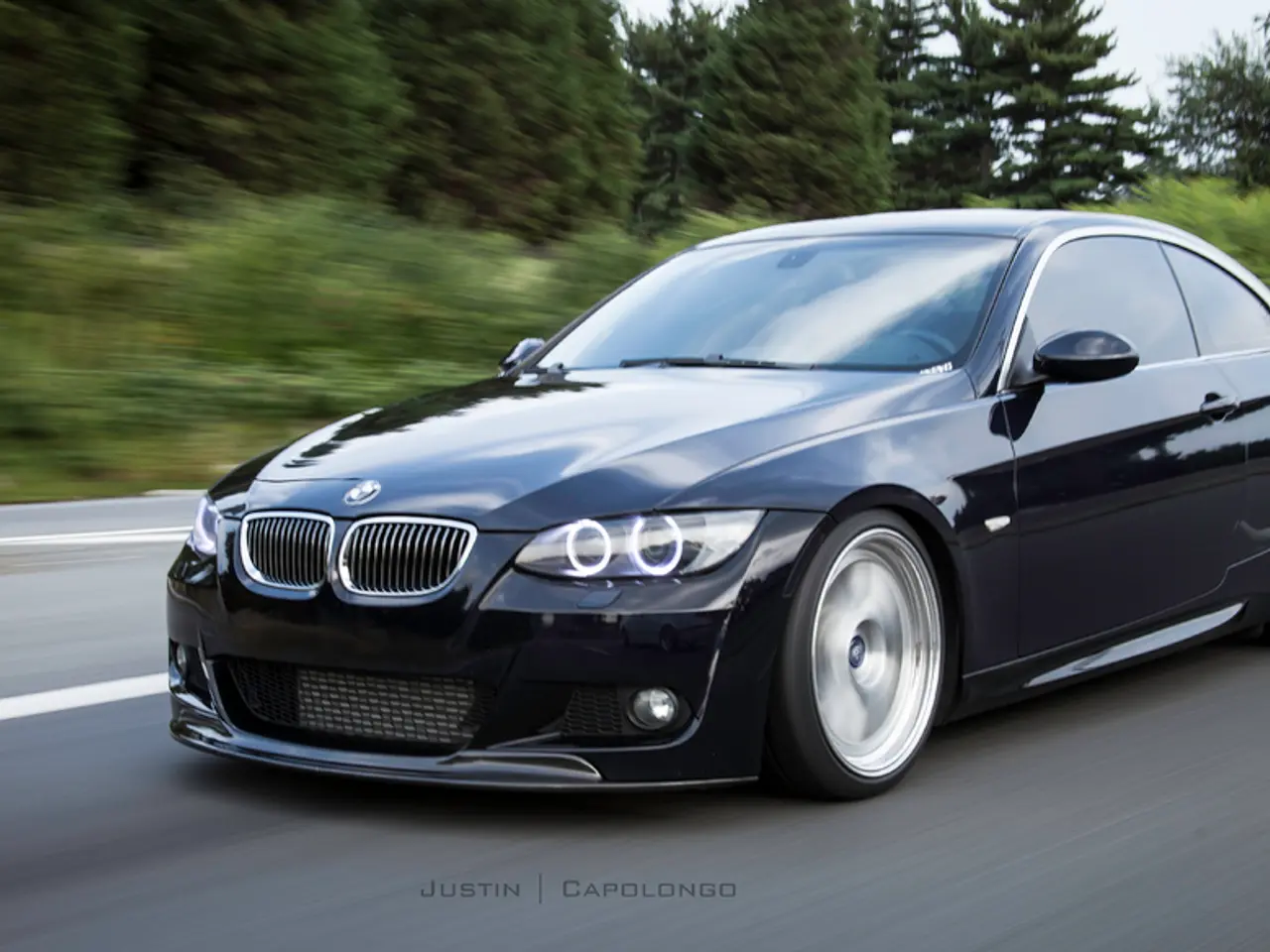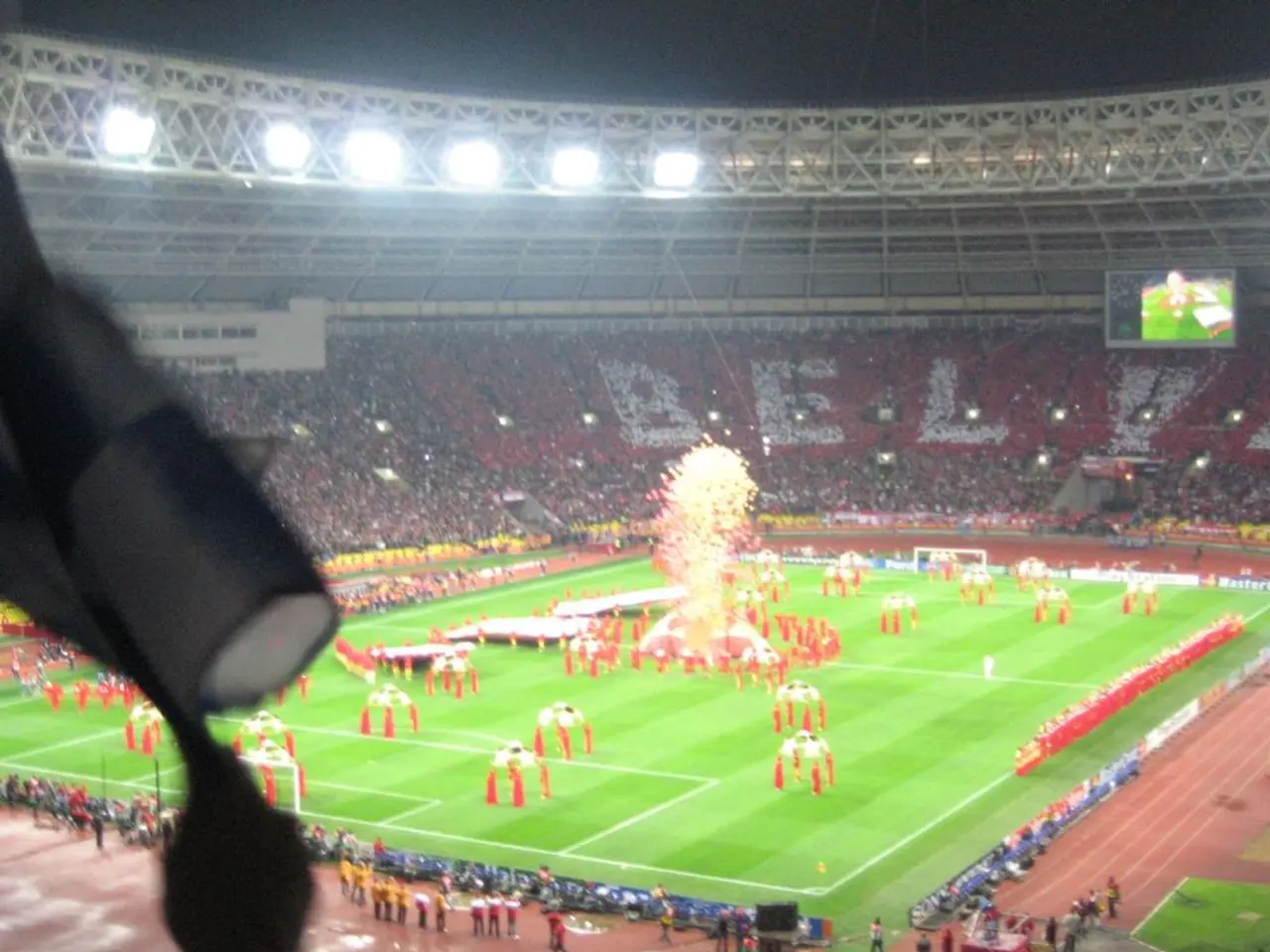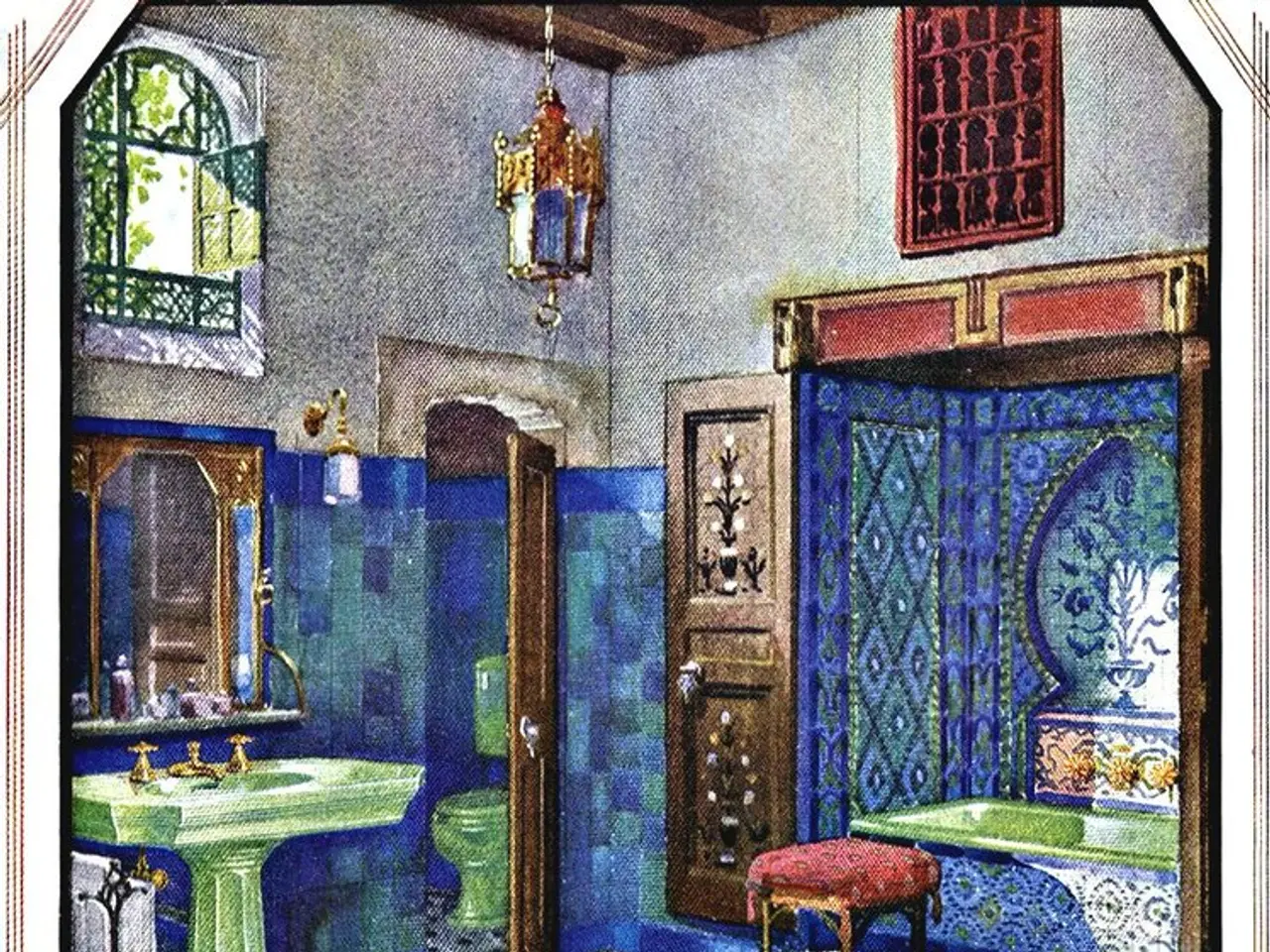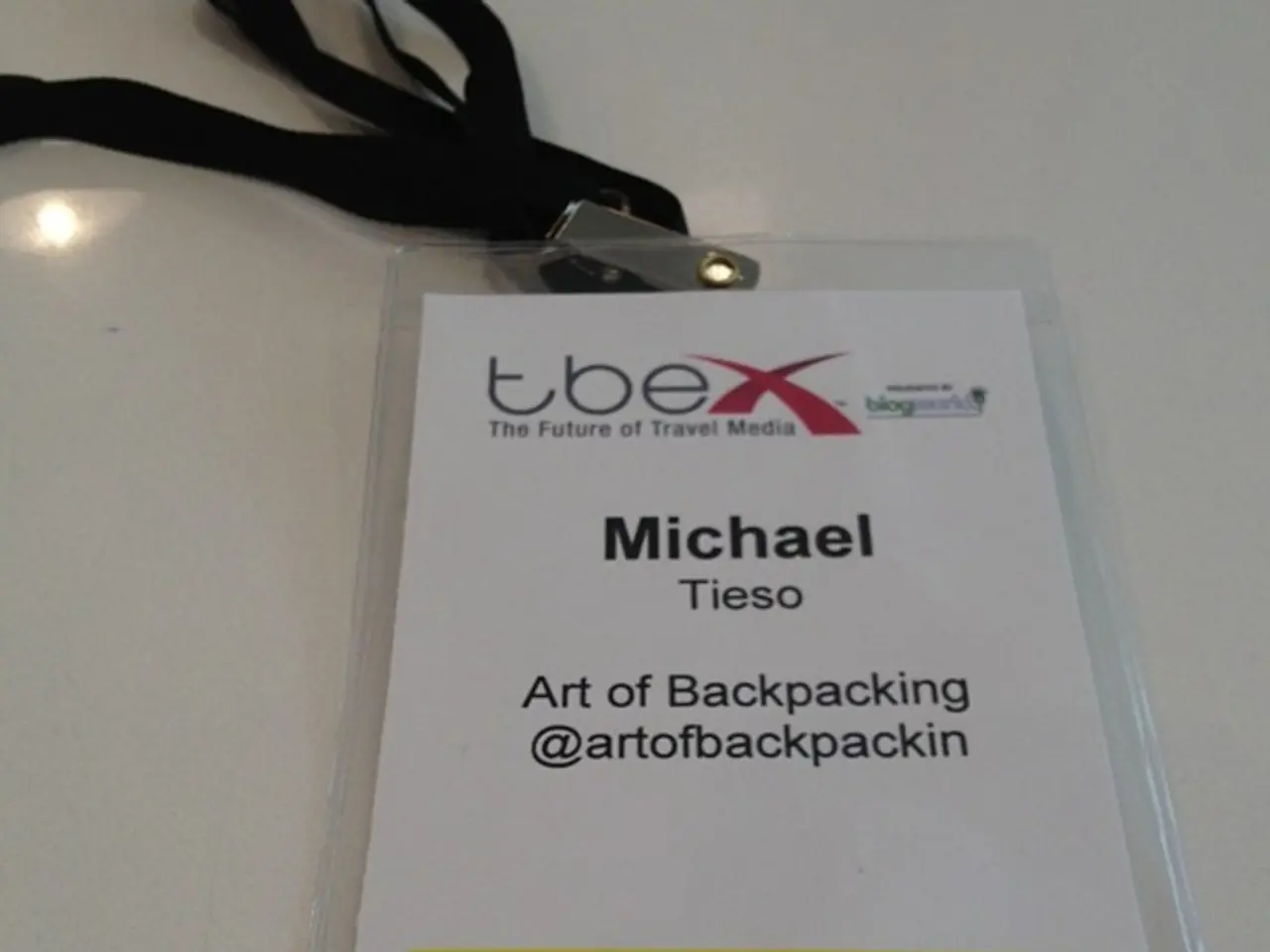Volkswagen Golf ascends to the top, displacing another Volkswagen vehicle from its dominance
In a fascinating turn of events, the Volkswagen Golf (Type 19E) has dethroned the iconic VW Beetle to become the undisputed favourite classic car in Germany, according to a recent study by market analysts Wolk & Nikoloc/BBE Automotive.
The study, which offers a comprehensive insight into the German classic car and youngtimer market, reveals that the Golf remains as popular as ever, from the latest model to vintage classics. This shift in preference underscores a clear auto trend in Germany, with a strong love for classic Volkswagen cars, including the Golf, being evident.
Volkswagen tops the study in terms of popularity among classic cars, closely followed by Mercedes-Benz and BMW. The second and third places in the study are taken by the mid-size series Mercedes W123 and W124, with the 3 Series BMW following closely behind.
Interestingly, more than half of these classic cars bear the H-plate, which identifies them as technical cultural heritage on wheels. This includes the East German car, the Trabant, as well as other notable models such as the Audi 80/90, Mercedes series SL (R107/R129), and 190 (W201), and the Porsche 911.
The love for Volkswagen vans in versions T1 to T4 is also evident, showing that the appeal of classic Volkswagen vehicles extends beyond the Golf and the Beetle.
The study, which focuses on market trends, buyer behavior, and economic significance of the sector, does not explicitly detail the specific models or makes of the most popular classic cars in Germany. For detailed rankings, the full report (spanning over 130 pages, available for purchase) would need to be consulted.
The German classic car market has about 1.45 million vehicles over 30 years old, accounting for only 0.6% of kilometers driven in Germany. Despite this, owners spend a substantial amount on maintenance, indicating a significant economic impact.
The owner demographic averages over 60 years old, with a growing younger generation interested in vehicles from the 1990s and 2000s. Important factors for market success now include vehicle condition, documentation, and digital visibility.
T-Online, a news source that reported on the study, highlights the emerging trend of love for classic cars in Germany, with a clear auto trend towards classic cars becoming increasingly apparent.
[1] Wolk & Nikoloc/BBE Automotive (2025). Classic Car and Youngtimer Market in Germany. Available at: https://www.bbe-automotive.com/en/reports/classic-car-and-youngtimer-market-in-germany/
[2] T-Online. (2025). Classic Car Trends in Germany: Volkswagen Golf Takes the Lead. Available at: https://www.t-online.de/autos/classics/nachricht/id_82673942/klassiker-trend-in-deutschland-vw-golf-nimmt-fuehrung-waehrend-des-studiums-ein.html
- Amidst this preference for vintage Volkswagen cars, it appears that the lifestyle preference to own a classic Volkswagen car, such as the Golf, has significantly influenced the German market of automobiles, especially in the realm of classic cars.
- Furthermore, it seems that the popularity of German sports cars, including Porsche 911, has not dimmed in the slightest, with these models being among the most abundant on the roads identified as technical cultural heritage, sporting the H-plate.







